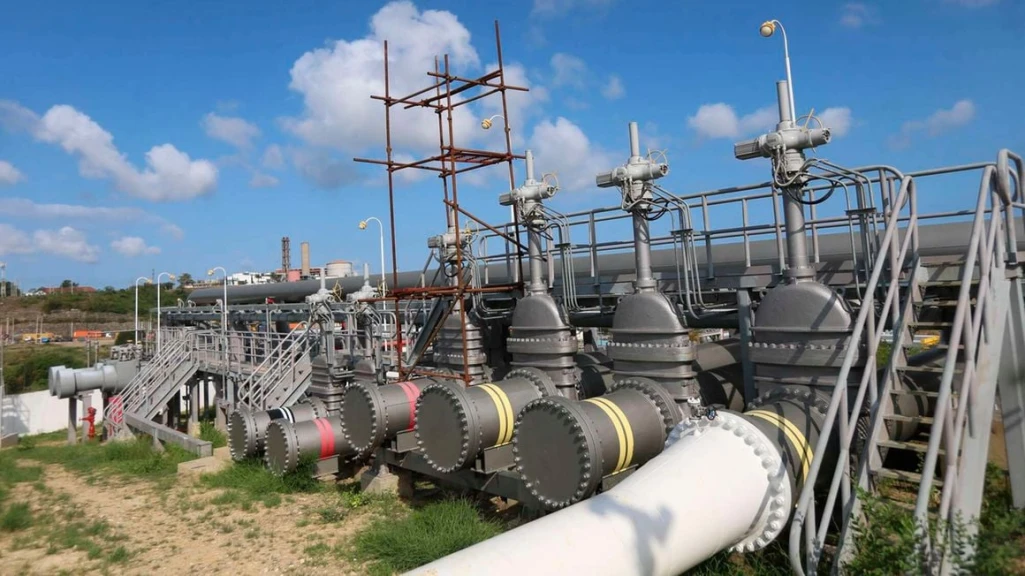Kenya has reportedly lost $200 million worth of exports to Uganda, its largest regional market, since October 2023. This revelation comes amid an escalating dispute over petroleum products imports, which not only threatens the economic ties between the two nations but also puts significant infrastructural investments at risk.
The dispute reached a critical point last week when Uganda declared its intention to shift its oil imports to Tanzania. The decision follows an apparent deadlock in registering its national oil marketer, Uganda National Oil Company (UNOC), in Kenya to facilitate imports via the Mombasa port.
Uganda’s Minister of Energy, Ruth Nankabirwa, expressed her concerns during a press conference in Kampala, emphasizing that Kenya’s continual frustration of the UNOC deal poses a significant threat to Uganda’s fuel supply stability. She revealed ongoing discussions with Tanzania to explore alternative routes, acknowledging potential logistical challenges but expressing optimism about negotiating tax waivers to facilitate the process.
According to reports, President William Ruto of Kenya had initially shown support for Uganda’s move. However, the situation took a turn when legal challenges were introduced, prompting uncertainty and frustration on the Ugandan side.
This decision, if upheld, poses a severe threat to Kenya’s substantial investments in oil infrastructure, including the $385 million Kipevu Oil Terminal 2 (KOT2) in Mombasa, inaugurated just last year, and the $170 million fuel jetty in Kisumu. These infrastructures were established with the aim of doubling the capacity to handle transit petroleum products, not only for Uganda but also for Rwanda and Burundi.
The KOT2, designed to handle up to four vessels simultaneously, was envisioned to cut the cost of petroleum products by reducing demurrage costs, a significant factor contributing to the high oil prices in the region. The potential underuse of this terminal poses a serious economic setback for Kenya.
Similarly, the $170 million fuel jetty in Kisumu, owned by the Kenya Pipeline Company, faces a bleak future. The delay in completing a corresponding facility in Uganda led to the underutilization of this infrastructure, finally operational in January 2023.
Uganda, on its part, is now focusing on domestic oil processing to reduce reliance on imports. Energy Minister Ruth Nankabirwa announced plans to build a $4 billion refinery, with Dubai firm Alpha MBM Investments Llc selected for the project. Additionally, Uganda has granted a license to China National Offshore Oil Corporation to produce liquefied petroleum gas at a plant to be constructed in the Kingfisher development area, one of Uganda’s two commercial oil fields.
As the trade dispute unfolds, the economic ramifications are significant for both nations. The potential loss of a crucial export market for Kenya and the jeopardized infrastructural investments underscore the importance of diplomatic resolution and collaboration between the two East African nations.




















